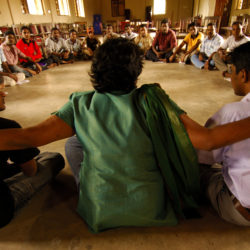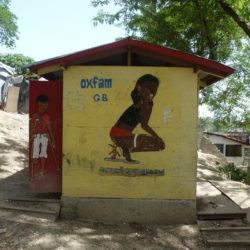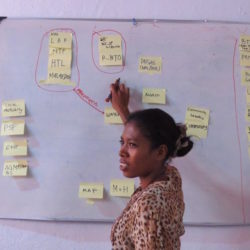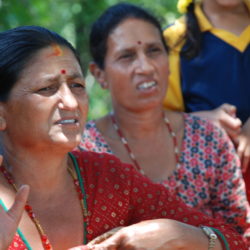Could you benefit from a free data audit?
No longer can anyone use the excuse that it’s “too hard” or “too expensive” to refrain from collecting the kind of feedback that you will actually use to improve performance. We built the Feedback Commons to provide a platform that any organization could use to collect, analyze, and respond to feedback from the people they work[…]








